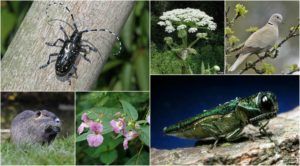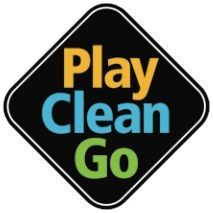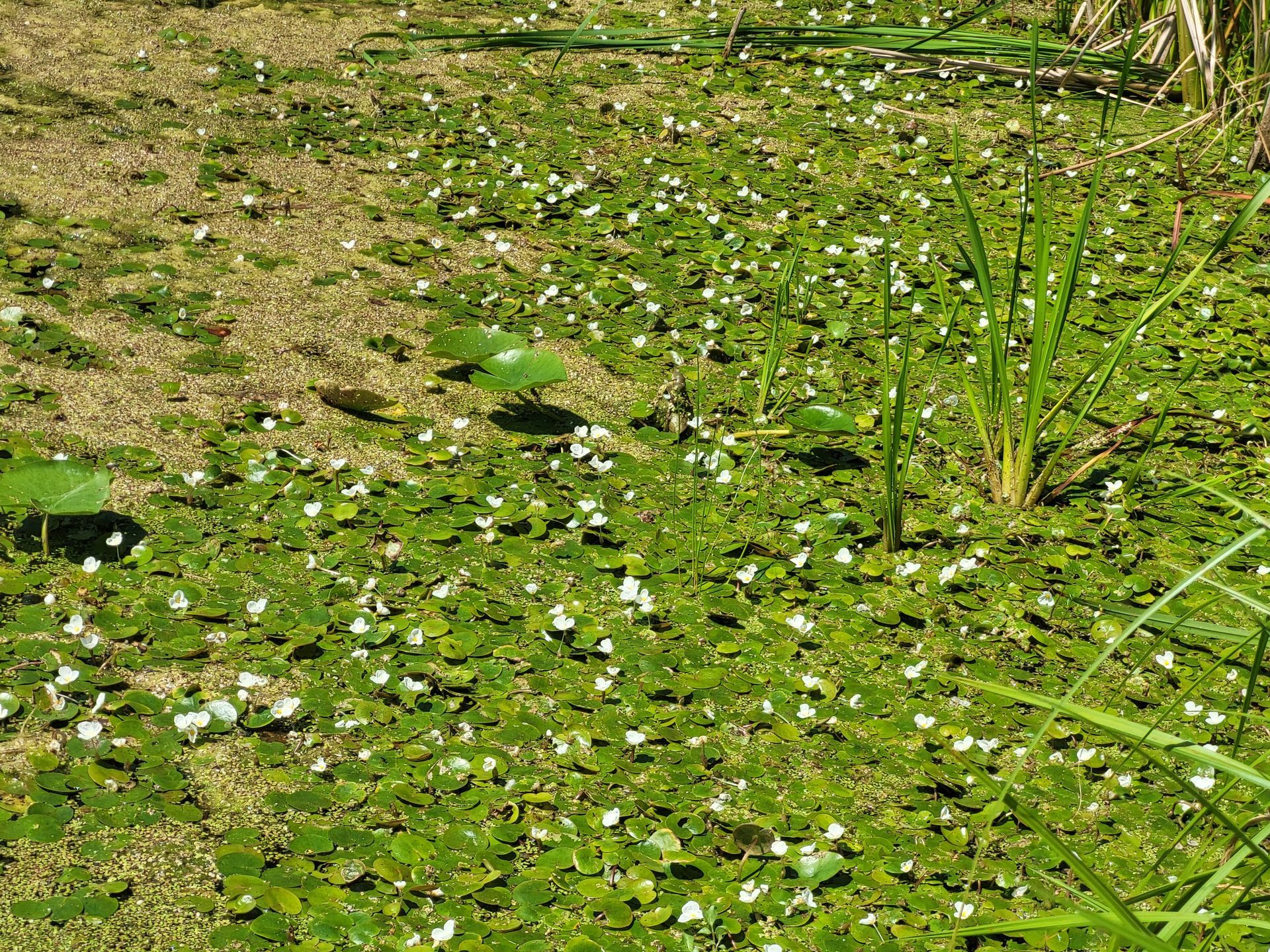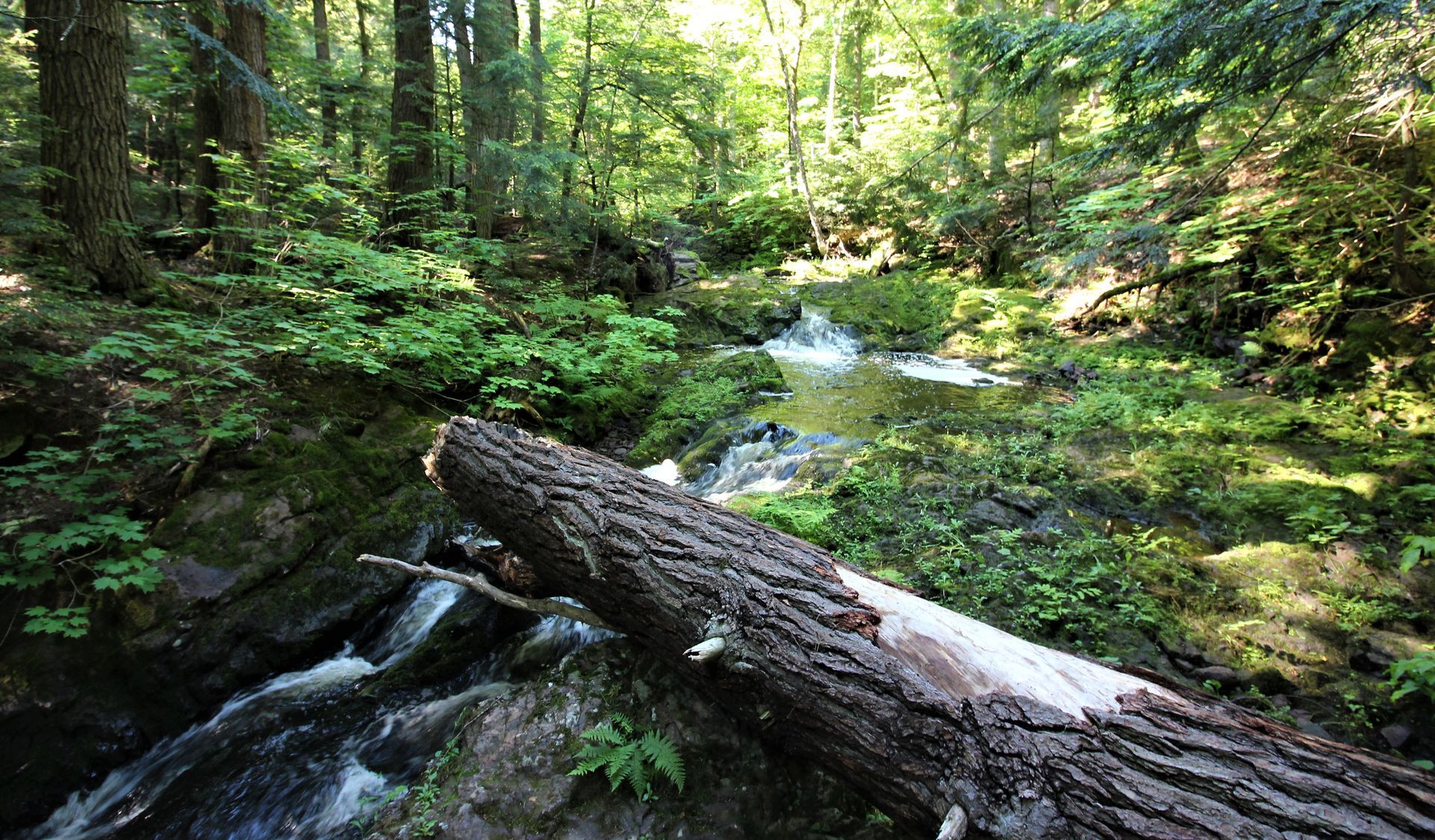PlayCleanGo: An Opportunity to Join the Fight Against Michigan’s Terrestrial Invasive Species
Michigan’s Terrestrial Invasive Species Management Plan is a statewide effort to reduce the environmental and economic damages caused by terrestrial invasive species (TIS). To assist in fighting terrestrial invasive species, there are programs like PlayCleanGo that allow the public to take action. For more information on Michigan’s Terrestrial Invasive Species Management Plan, click here. To learn how you can take action against terrestrial invasive species, keep reading!
Play Clean Go is an outreach campaign that began with the Minnesota Department of Natural Resources in 2012. Since then, the campaign has spread throughout North America. This initiative promotes awareness, understanding and cooperation by providing a clear call to action to be informed, attentive and accountable for stopping the spread of all invasive species.

What are invasive species?
Invasive species are plants, animals, and microorganisms that are not native to a particular area. They are also species that are capable of causing severe damage in areas outside their normal range, harming the economy, the environment or human health once they become established.
How do they spread?
There are many different ways species can be spread to an area they do not belong. They can be blown by the wind, carried by animals or moved in soil or water. One of the most common transporters of invasive species is humans. People, and the goods we use, travel around the world very quickly, and they often carry uninvited species with them. Ships can transport aquatic species, insects can travel inside wood, and plant seeds can be moved around in luggage or even the bottoms of shoes.

How Play Clean Go Fights the Spread of Terrestrial Invasive Species
PlayCleanGo initiative primarily focuses on educating the public about the dangers of invasive species and how each individual can take action against them.
- Use a BOOT BRUSH to clean your footwear
- Clean Mud and Seeds from pets
- Pick Seeds and Burrs off clothing
- Remove invasive plants and Dispose of them properly
- DON’T move firewood , buy it where you burn it
- Clean your horse’s hooves , tail , and mane
- Take action through education !
How YOU can get involved with Play Clean Go
June 1 st -8 th was PlayCleanGo Awareness week! The purpose of the awareness weeks is to show outdoor enthusiasts how they can stop invasive plants and pests from spreading — while enjoying the great outdoors!
There are many free materials available here to help you educate your fellow outdoor enthusiasts!
When you take the Pledge, you agree to:
- Remove plants, animals, and mud from your boots, gear, boat, and trailer
- Clean your gear before entering and leaving a recreation site
- Drain bilge, ballast, wells and buckets before leaving the area
- Dry equipment before launching into another body of water
- Dispose of unwanted bait in a sealed container
- Use certified or local firewood and hay
Visit playcleango.org/pledge for more information
Written by Stephanie Wheeler, MUCC Intern and MSU Glassen Schoolar
Recent Posts



